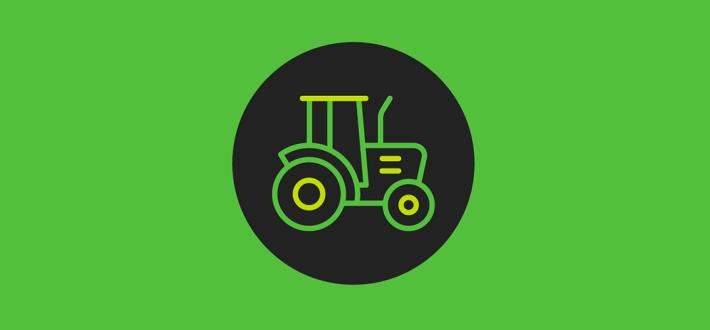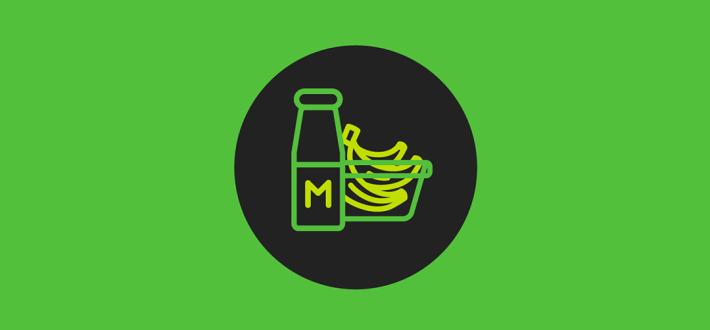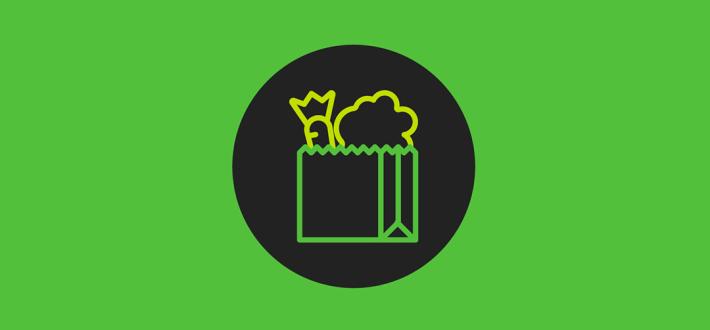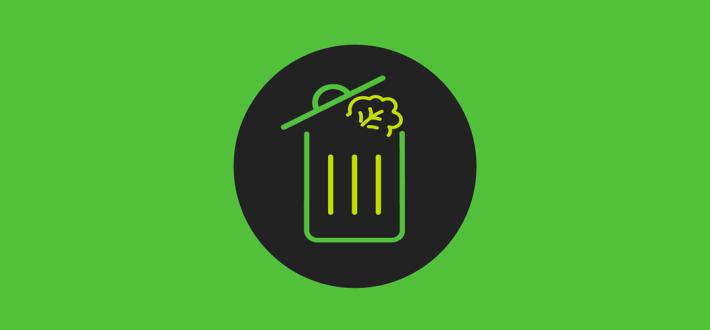
WWF Basket: Food Waste


Right now, 33%-40% of the food we produce at a global level is wasted, with serious repercussions for the environment.
Right now, 33%-40% of the food we produce at a global level is wasted, with serious repercussions for the environment.
When food is wasted so are all the resources that go into producing it, including land, water and energy, amongst others. On top of this the disposal of the wasted food contributes massively to greenhouse gas emissions. An estimated 8-10% of all greenhouse gas emissions stem from food waste.
Furthermore, as we continue expanding into nature in the name of increasing food production and improving food security, it is imperative that we first stop and recognise the importance of reducing food waste in enabling these goals whilst preserving nature, protecting biodiversity and reducing the burden on the planet.

WWF Basket - Key Metrics for Food Waste
WWF Basket - Key Metrics for Food Waste
What is the target?

The WWF Basket sets out the ambition to deliver a 50% reduction in food waste in all aspects of the supply chain, from farm to fork.
In order to do so, it tracks three key areas where retailers can take action and support reductions in food waste: within retailer and manufacturing operations, at a household level and on farms.
It is vital that we achieve better transparency across the supply chain in the issue in order to bolster efforts and collaborative action to driven down the estimated 12.3 million tonnes of food waste occurring in the UK each year.
You can find out the latest WWF Basket data on food waste in our 2023 report, What's in Store for the Planet: the Impact of UK Shopping Baskets on Climate and Nature - 2023.
You can find out more about the WWF Basket ambition for food waste in the Blueprint for Action and WWF Basket Outcomes and Measures.
What's in Store for the Planet: The Impact of UK Shopping Baskets on Climate and Nature 2023
Resource Bank
Driven to Waste Report
The Driven to Waste report (2021) estimated farm-stage food waste for the first time since 2011, and found that total food loss and waste globally could be closer to 40% of all food produced rather than previously estimates of around a third. Find out more here.
Hidden Waste Report
A report, produced in partnership with Tesco, highlighting new estimates for food loss on UK farms, and action to tackle this issue.
Hidden Waste Roadmap
A step by step guide to changes across the food sector to support farmers in driving down food waste on farm.
Global Food Loss Measurement Tool
WWF is pioneering the development of a global food loss measurement tool (GFLMT), in collaboration with WRAP-UK and Anthesis, with the aim of creating a user-friendly tool which can be accessed by farmers, ranchers, and growers of all sizes and food commodity types to support measurement and reporting of loss of farms.

Get in contact
Get in contact
Cross-sector collaboration is the most effective way to bring about the type of environmental change that is needed.
Please contact business@wwf.org.uk if you would like to collaborate with the wider industry on any of the areas addressed in the WWF Basket.







